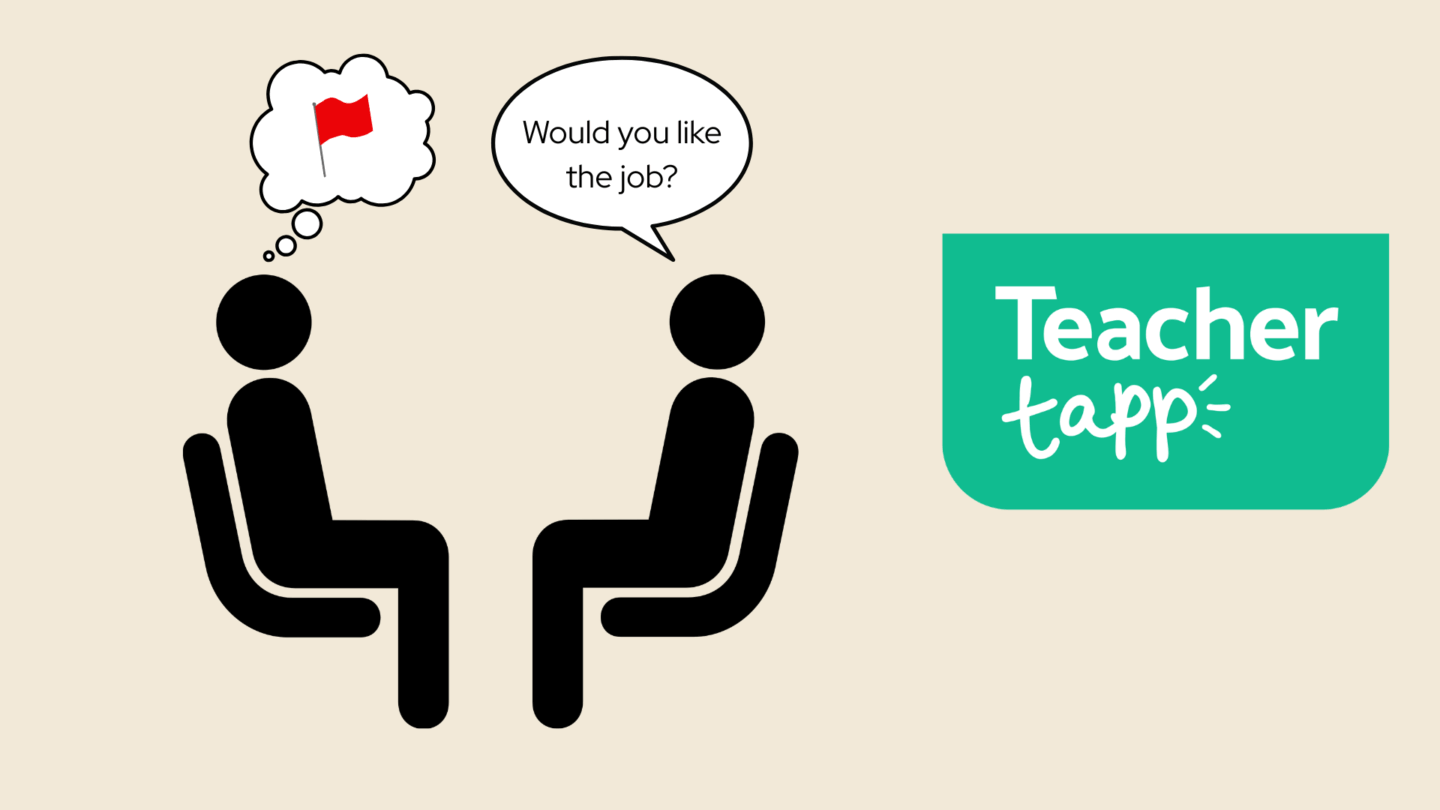With more positive vaccination news this week, it feels like we are so close and yet so far from normal life. So close, because hopefully students will be able to come to school as normal in 2021. So far, because more teachers and students than ever before are at home. A massive 11% of you in Yorkshire and the North East said you were isolating at home last week on Tuesday. (The North West is the only part of the country where things seem to be getting much better.)

In the Midlands and the north, the majority of teachers said their school had at least one closed class on Friday. Glancing back to the figures in September, you can see how bad things are now.

And on our newer measure of disruption, in all regions except for the North West there has been an increase in students missing the class we ask you about each Thursday.

Stress in exam classes
Over in secondary schools, there are huge regional differences in how much Year 11 students have been affected by COVID-19.
In the East of England and South West, two-thirds of teachers said their school has been open to all Year 11 so far this year. By contrast, this has happened in less than a third of schools in the North West. Indeed, a third of schools in the North West have already closed to the whole of Year 11, and the Midlands aren’t far behind in impact.

We asked whether current exam classes appeared to be more anxious and stress than in previous years – three quarters of teachers felt that they did. Perhaps not surprisingly, when we look at whether this is related to Year 11 closures we find that schools with Year 11 closures are more likely say their students are stressed.

And even when students are in school there has been disruption for them. About a quarter of (non-SLT) teachers in secondaries say that their timetable has been altered recently to cope with staff absences – this statistic doesn’t vary across the country.

All change on the primary curriculum
Primary teachers seem to be experiencing quite similar disruption – about half say a child in their school has been tested as COVID-19 positive, though the figure for their class is only 14%. Nevertheless, there are still large numbers of students who are spending time off school with suspected COVID-19.

Whilst back in primary school, there is a quite a bit more English and maths teaching going on. Most primary teachers are having to cover topics that should have been taught last summer term in these two subjects. It is worth noting that most other subjects are not being returned to, so students who missed out on the Romans or the Anglo Saxons will never….{can’t finish this sentence}!

Still, over half say they aren’t devoting extra time to English and maths. (I wonder how they ever manage to catch up, given they are returning to last year’s topics?) Most of the rest are adding an extra 15 or 30 minutes of English and maths each day.

How to squeeze in this extra English and Maths? Relatively few are dropping subjects altogether. Most are just squeezing time some other way.

A little less intervention
Interventions – individual and small group tutoring – has been hailed as the big solution to COVID-19 learning loss and the government is putting big subsidies together (with strings attached) for schools to do more of it.
What’s strange so far is that, despite learning loss, there are FEWER intervention groups taking place in school this year. We didn’t ask why, but assume the need to avoid cross-bubble missing of students and staff and the need to cope with staff absences means that many TA small-group interventions have had to be abandoned.

When the world opens up again
What are you looking forward to doing when the world opens up again? There has been a fall in the number of you who have been able to do your hobbies recently – whether team sports or other physical activity or playing music. We had wondered whether there would have been a rise in hobbies that are currently possible. There has been a small rise in gardening as a hobby (from 19% to 23%) and a rise in knitting/carpentry and other crafts (17% to 23%). But alas, little change in music making alone. What will you carry on doing when the world opens up again?

A final note… It’s been a tough time for those working overseas, with school closures and difficulties in travelling between countries. Those of you who are currently in the UK feel less inclined to seek a teaching job overseas at the moment. This is understandable (and actually bodes well for teacher retention)!

Tips
- Teaching English literature at KS5
- Constructivism is a theory of learning and not of pedagogy
- What number calculations should students be fluent in?
- Getting things done trumps getting them perfect
- How to manage 0-60 in a behaviour system
- Spaced practice in practice
- Coping with not being a ‘good teacher’ during pandemic





